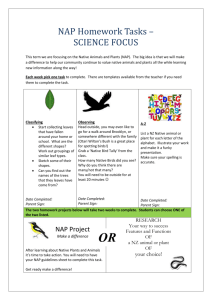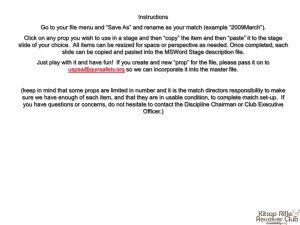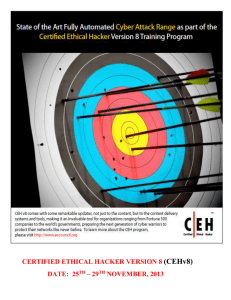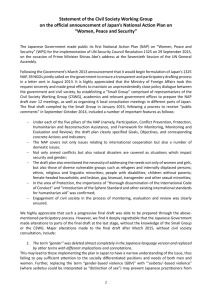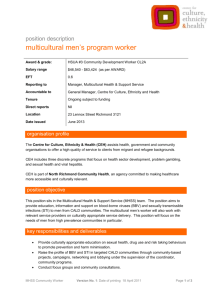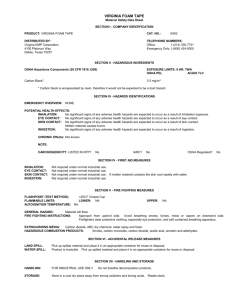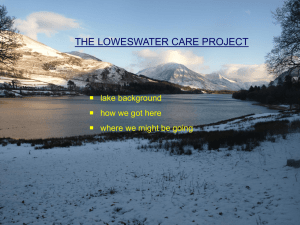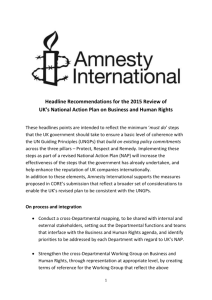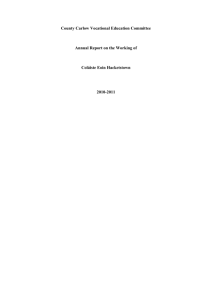real stories of children and families protected by Prop 65
advertisement
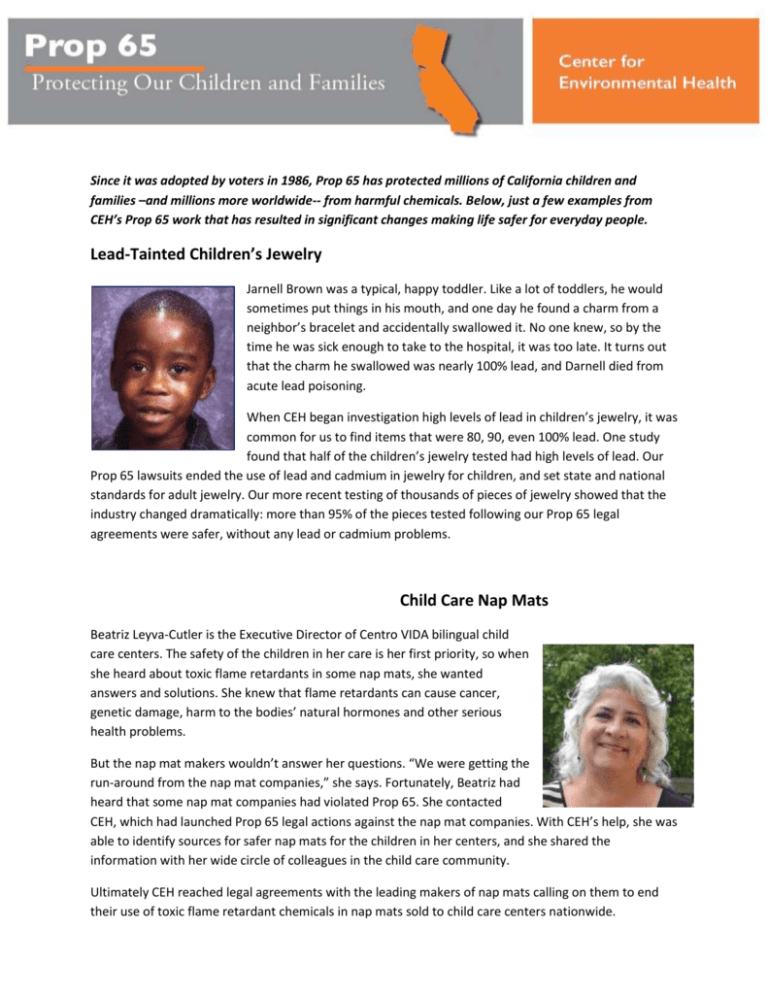
Since it was adopted by voters in 1986, Prop 65 has protected millions of California children and families –and millions more worldwide-- from harmful chemicals. Below, just a few examples from CEH’s Prop 65 work that has resulted in significant changes making life safer for everyday people. Lead-Tainted Children’s Jewelry Jarnell Brown was a typical, happy toddler. Like a lot of toddlers, he would sometimes put things in his mouth, and one day he found a charm from a neighbor’s bracelet and accidentally swallowed it. No one knew, so by the time he was sick enough to take to the hospital, it was too late. It turns out that the charm he swallowed was nearly 100% lead, and Darnell died from acute lead poisoning. When CEH began investigation high levels of lead in children’s jewelry, it was common for us to find items that were 80, 90, even 100% lead. One study found that half of the children’s jewelry tested had high levels of lead. Our Prop 65 lawsuits ended the use of lead and cadmium in jewelry for children, and set state and national standards for adult jewelry. Our more recent testing of thousands of pieces of jewelry showed that the industry changed dramatically: more than 95% of the pieces tested following our Prop 65 legal agreements were safer, without any lead or cadmium problems. Child Care Nap Mats Beatriz Leyva-Cutler is the Executive Director of Centro VIDA bilingual child care centers. The safety of the children in her care is her first priority, so when she heard about toxic flame retardants in some nap mats, she wanted answers and solutions. She knew that flame retardants can cause cancer, genetic damage, harm to the bodies’ natural hormones and other serious health problems. But the nap mat makers wouldn’t answer her questions. “We were getting the run-around from the nap mat companies,” she says. Fortunately, Beatriz had heard that some nap mat companies had violated Prop 65. She contacted CEH, which had launched Prop 65 legal actions against the nap mat companies. With CEH’s help, she was able to identify sources for safer nap mats for the children in her centers, and she shared the information with her wide circle of colleagues in the child care community. Ultimately CEH reached legal agreements with the leading makers of nap mats calling on them to end their use of toxic flame retardant chemicals in nap mats sold to child care centers nationwide. Imported Candies For years, communities across California, especially in Latino neighborhoods, were plagued by imported candies from Mexico that were tainted with high levels of lead. State health officials had no way to stop the inflow of the products, but could only issue recalls after they found problem candies already on store shelves. The Environmental Health Coalition and CEH joined the Attorney General in legal action that won a landmark agreement with major companies, including divisions of Mars and Hershey, that bans the sale of lead-tainted candies. Baby Bibs Like a lot of infants, Marilyn Furer’s grandson Jensen liked to chew on his baby bib. But Marilyn had heard about Prop 65 lawsuits that exposed high levels of lead in many vinyl products, so she wondered if the baby’s vinyl bib could also pose a lead poisoning threat. Marilyn tried asking state authorities to check on the problem but no one would follow-up on her complaint. So she contacted CEH. Our investigation led to Walmart and Toys R Us initiating nationwide recalls of their vinyl baby bibs, and ultimately ended the sale of lead-tainted vinyl baby bibs by major retailers nationwide. Lead in Lunchboxes When California’s “First 5” program offered free lunch boxes to children across the state, there was just one problem. When one child brought her lunchbox to a free CEH testing event, we found high levels of lead in the vinyl lunchbox. Our work ultimately revealed the problem in more than 100,000 lunchboxes that had been given to California children, and resulted in an industry-wide agreement that ended the threat of lead poisoning from all kids’ lunchboxes. For several years CEH worked with First5 and other state agencies to conduct free testing of lunchboxes, backpacks and other products, to insure that the products were safe before they were sourced for state programs, potentially saving the state millions in costs from further recalls of dangerous products.
